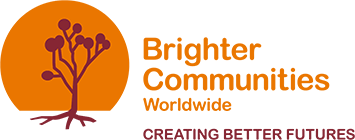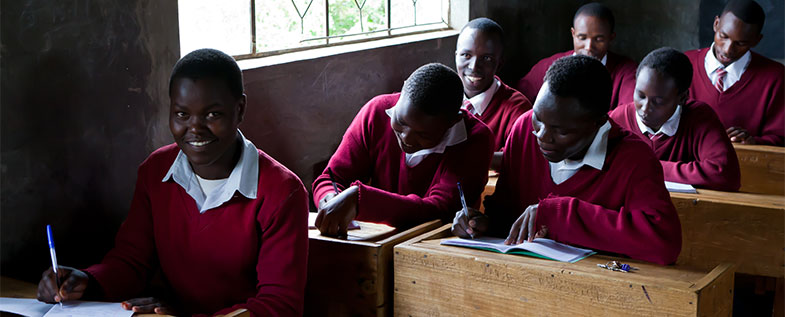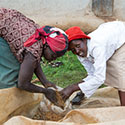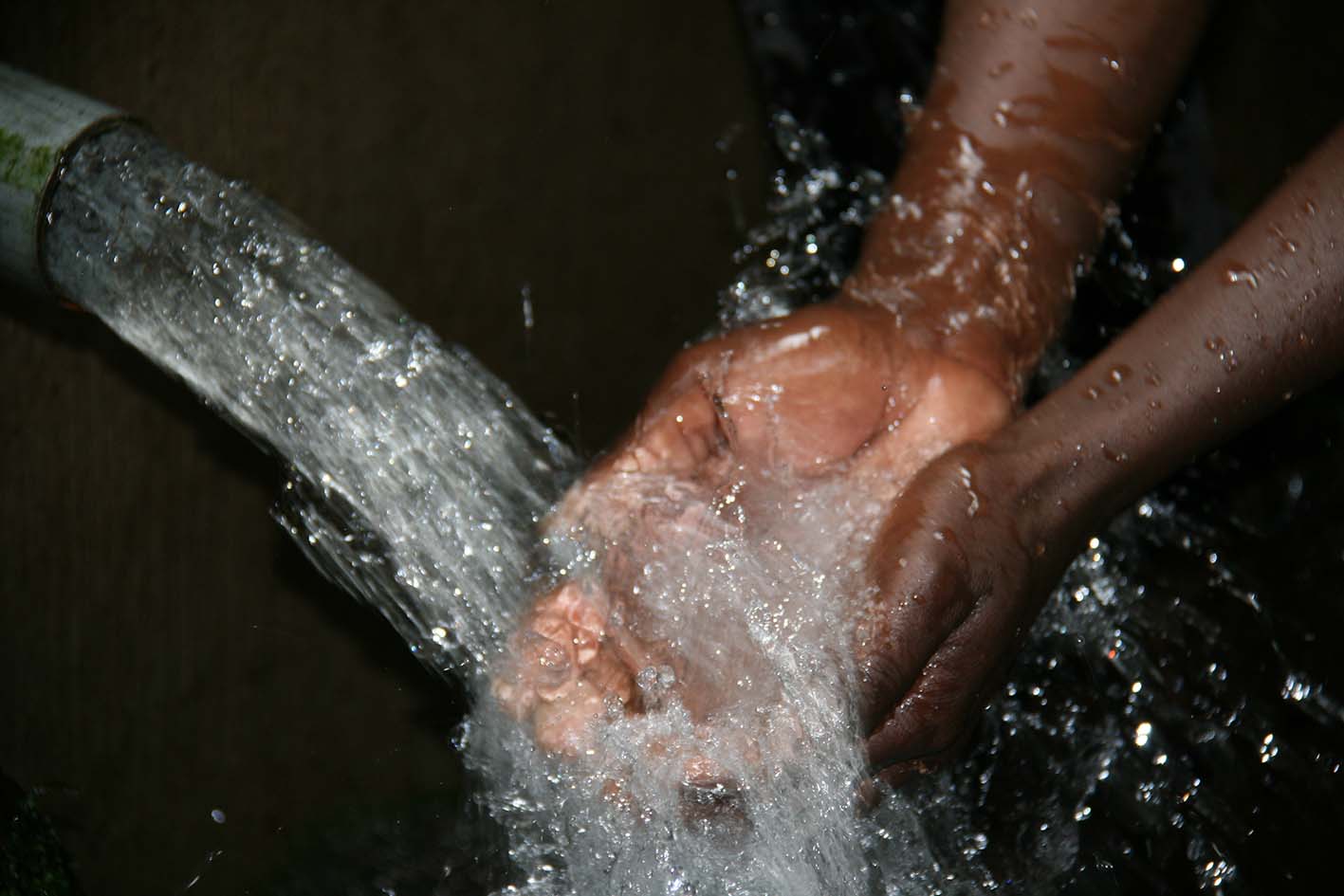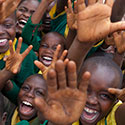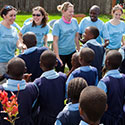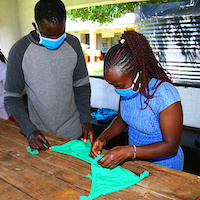Education
Education matters – and Kenya’s education system offers more opportunities than many countries. Literacy is estimated at around 90 per cent and primary education is free. However, poorly equipped and maintained schools, lack of materials and skilled teachers – especially in rural areas – are continuing problems. In addition, secondary school education is too expensive for many Kenyans.
Education is at the heart of what we at Brighter Communities Worldwide do – from advice on healthcare and safe water provision to more formal education and help with the world of work.
Our education programme is wide-ranging, and not just about schools and training. It includes:
- bursaries
- peer education
- health education
- teacher education
- youth skills and abilities
- water and health projects – that also support education
Bursaries
We provide an education bursary fund for people in the communities where it works. This has helped students in areas as varied as nursing, pharmacy, carpentry and skills-based training, as well, of course, as traditional secondary and primary schooling.
To date, hundreds of children who would otherwise have had no funding for their education have benefited from education bursaries.
Many of those who have been assisted with bursaries, are also assisted with interview preparation skills to help prepare them for job seeking.
Peer education
We have run peer education courses since 2002 in Kenya – these courses include the Lifeskills Programme, Alternative Rites of Passage and Healthy Schools Programme. Thousands of people have attended Lifeskills Courses and benefited from information on sexual health, HIV/AIDS and female circumcision. The course has 10 modules to it with the most recent additions on nutrition, mental health and drugs & addiction.
We have also worked with government, communities, school staff and pupils on the Healthy Schools Programme, a programme that attempts to make the educational environment as safe and clean as possible. See our health projects section for more information.
Alternative Rites of Passage is a programme to educate the community about the issue of female circumcision and run a five-day lifeskills and cultural training for girls who are at risk. The aim is to provide an option – called an Alternative Rite of Passage – for families to choose instead of female genital cutting. And the programme is led by the communities to which those families belong: local women and men prepare the course, the materials and give the trainings.
Health education
We work with local community members to deliver courses in Maternal Health and Wilderness First Aid to community health workers and other members of the community. We have established a link between Londiani District Hospital (LDH) and Mayo General Hospital. Staff from Mayo General visit the LDH on a regular basis to run training courses for the staff including Essential Obstretric and Neo-natal Care courses.
Teacher education
Teachers can learn too – which is why local government and Brighter Communities Worldwide work together on teacher seminars. While these seminars can certainly be useful in helping educational staff hone their skills, abilities and insights in key areas of the curriculum such as drama, art and physical education, teacher education isn’t just about core subjects. Making schools and communities better places to learn is also important. That’s why the Healthy Schools and Lifeskills programmes are an important part of teacher education.
Volunteers from Brighter Communities Worldwide Ireland, some of them teachers, support these efforts, of course, but they listen and learn too. Building relationships with schools and getting to know Kenya and its culture is very important to us.
Youth skills and abilities
Young people are a key part of Kenya’s future – and education is a key part of their future. We have organised many events and activities for the young people in Londiani and the surrounding areas. They include fun events like sports tournaments, creative events like drama workshops, and practical initiatives such as proposal writing workshops. Not only are these events useful in themselves, but they have allowed young people from different backgrounds and areas to mix and share their experiences.
Water and health projects – that also support education
The Education Programme, we believe, can benefit everyone. But education opportunities are affected by other factors too – and that’s where our non-educational development work plays such a strong role.
If there are girls and boys in a family and limited funds are available, the education of the boys takes priority. This is not just based on simple bias.
Women are often tasked with fetching water for their family. With limited infrastructure and transport facilities available, this can mean long walks that take up considerable time that could be spent in education. Another problem for young rural women is the lack of sanitary products. A week a month is often lost because girls do not have access to sanitary products. Our water projects aim to help communities to bring cleaner, safer water closer to home. And a simple but very successful health initiative called Girls for Girls can make a week of missed schooling every month a thing of the past.
Bringing more girls into the education system is important, both for girls themselves and for Kenya. We are learning from the communities of Londiani and surrounding areas that there are many non-educational needs that can help to make that happen – and we are working with those communities to meet those needs.
…and everyone can benefit
Our Education Programme, supported by our other development projects, has a very simple objective: to make sure everyone has the chance to receive some form of education. That’s because we work with many communities and in every case we have seen that education – even the most basic – can benefit not just individuals but the communities they come from. But by gaining a better understanding of the cultures, abilities and needs of Londiani and its surrounding areas, overseas volunteers, teachers, and Brighter Communities Worldwide itself can learn too. Everyone can benefit.
